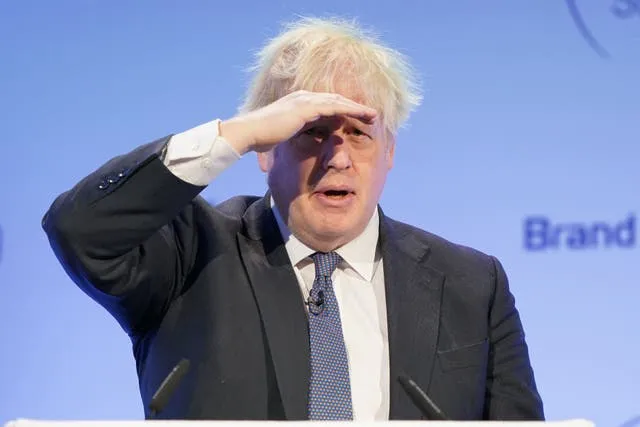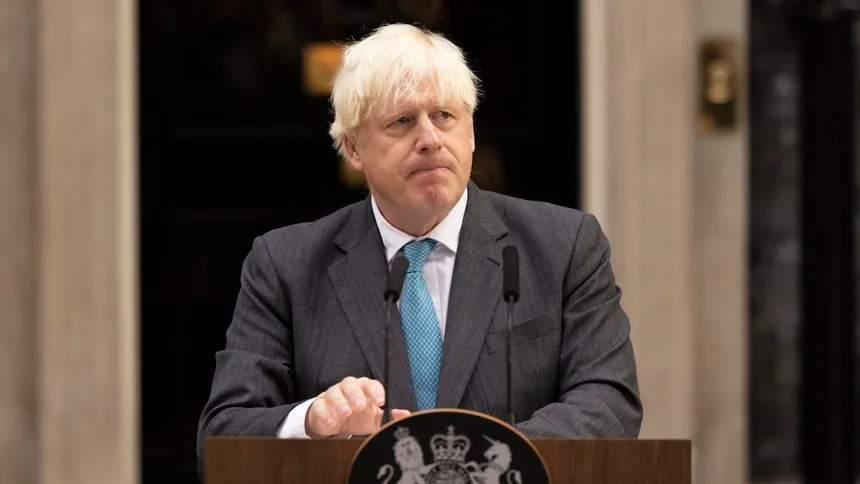Boris Johnson, the former UK prime minister, has presented a contradictory narrative about the government’s Eat Out to Help Out scheme, which provided 50 percent off food and non-alcoholic drinks in the summer of 2020 to revive the hospitality industry. Johnson has claimed that the scheme was not seen as a gamble at the time and that he was not informed of any concerns about the plan. However, leading scientists and former health secretary Matt Hancock have testified that they were not told about the scheme in advance.
Johnson’s skepticism towards the allegations of scientists’ lack of knowledge about the scheme is reflected in his statement to the inquiry: “I don’t think that I thought that scheme in itself was a particular gamble at the time and it certainly wasn’t presented to me as such.” He also emphasized that the scheme was not presented to him as a plan that would increase the risk of the virus spreading. Johnson’s testimony has sparked concerns about the government’s decision-making process and the role of scientists in shaping policy during the pandemic.
Scientists, including England’s chief medical officer Sir Chris Whitty, former chief scientific adviser Sir Patrick Vallance, and chief scientific officer Dame Angela McLean, have testified that they were not informed about the Eat Out to Help Out scheme before it was announced. Whitty has even referred to it as the “eat out to help the virus”, suggesting that he believed the scheme was flawed and may have contributed to the spread of the virus.

Former British Prime Minister Boris Johnson (Via Boris Johnson/Twitter)
Johnson’s comment about Whitty’s phrase being “funny” has raised eyebrows, as it implies that he does not take the criticism seriously. Johnson’s statement has also been criticized for being too vague, as he did not provide sufficient evidence to support his claim that the scientists must have known about the scheme.
In his evidence, Johnson also defended his administration’s handling of the pandemic, claiming that he should have twigged sooner about the threat posed by Covid-19. However, he also acknowledged the pain and suffering caused by the pandemic and apologized for the loss of life.
The inquiry’s focus on the Eat Out to Help Out scheme has raised concerns about the government’s decision-making process and the role of scientists in shaping policy during the pandemic. The controversy surrounding the scheme has also highlighted the need for transparency and accountability in government decisions.

